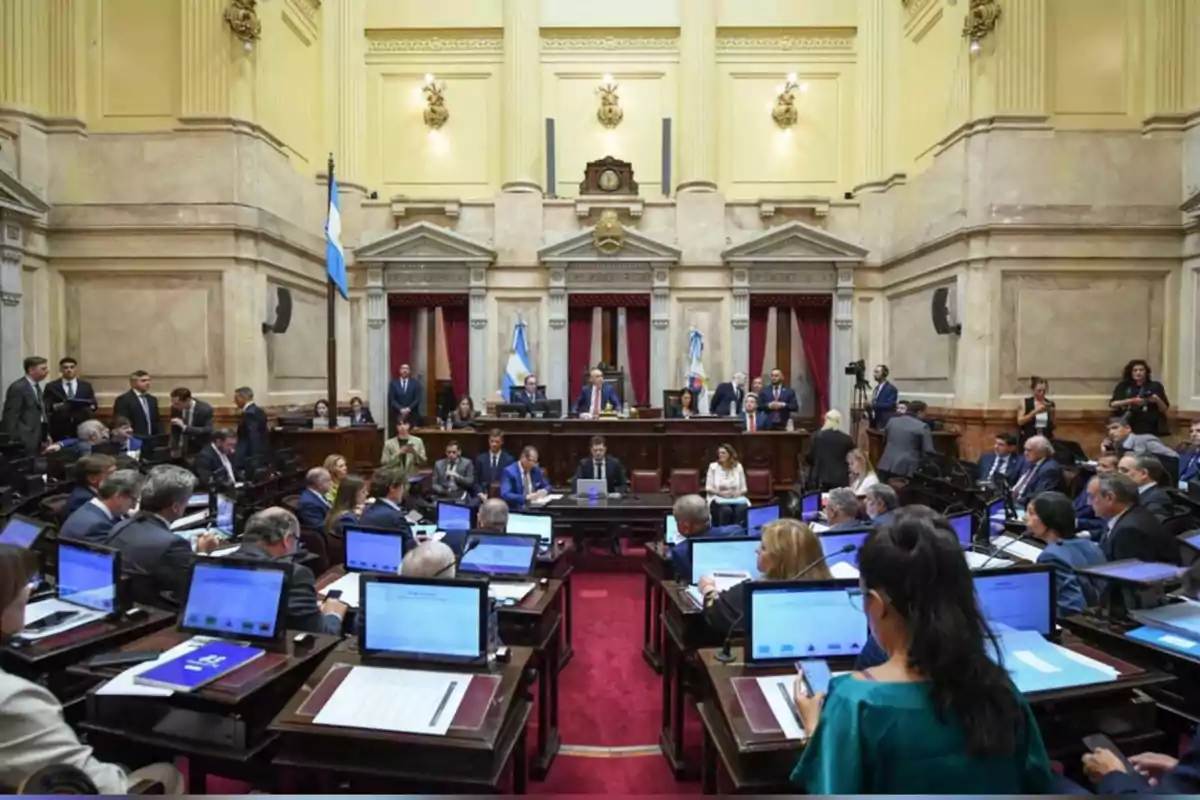
Entities in Córdoba warn that the Senate reform threatens SMEs.
The Córdoba Stock Exchange and eleven other entities warn about its negative impact on SME financing
The Córdoba Stock Exchange and eleven other entities from across the country expressed their rejection of the reform approved by the Senate. The regulation, voted on July 10, modifies the tax regime for Reciprocal Guarantee Companies (SGR), which are key to financing SMEs. The statement denounces that this measure is a direct threat to productive credit and employment.
SGRs allow thousands of micro, small, and medium-sized enterprises to access formal financing. The system has mobilized more than 3.8 trillion pesos and sustains more than 500,000 jobs. The tax change puts at risk a scheme that has been efficient, federal, and has had a strong positive impact throughout the country.
The entities warn that this modification was neither debated nor consulted with the sector. They consider that the decision was made for immediate revenue purposes without evaluating the productive consequences. They emphasize that eliminating exemptions for SGR contributors is a serious setback in economic and social terms.

Who signed the statement and why it is key for Córdoba
The rejection was signed by the Córdoba Stock Exchange, along with other nationally significant stock market entities. Among them are the Buenos Aires, Rosario, Santa Fe, Mendoza, Bahía Blanca, Chaco, Confederada (Corrientes) stock exchanges, and Caja de Valores. BYMA, Mercado Argentino de Valores, and A3 also joined.
The exchanges pointed out that the SGR system has been one of the most federal instruments in the country. Its elimination would mean breaking a successful public-private model that has channeled productive investment and improved revenue collection.
Córdoba is one of the most active provinces in SME financing through SGRs. The Córdoba Stock Exchange plays a central role in regional economic development and in coordination with the local productive sector.

A reform without technical support, promoted by the Kirchnerist bloc
The project was approved in the Upper House with the support of the Kirchnerist bloc and provincial allies. It was included within a pension reform that sought to break with the government's economic plan, without proposing a real recovery plan. To offset that increase, tax benefits for those who contribute capital to SGRs are eliminated.
This article of the law means defunding a virtuous system for a minimal fiscal gain. Productive credit in Argentina already represents just 11% of GDP, and SGRs guarantee one out of every three SME loans. Without them, access to formal credit for small businesses would be severely restricted.
The secretary of the Chamber of Guarantee Companies, Ignacio Pérez Riba, pointed out that the annual fiscal cost of this scheme is only USD 136 million. That figure is more than offset by the revenue caused by the SMEs that receive financing.

A measure that harms those who do make the effort to organize the State
The exchanges stress that this decision is part of a strategy by governors to avoid making the adjustment the country needs. Meanwhile, the national government cut privileges, reduced ministries, and eliminated political positions, many provinces maintain oversized structures.
Instead of reducing the political workforce or reviewing superfluous expenses, Congress chose to dismantle a system that works and generates employment. Far from protecting the private sector, this project punishes those who invest and produce.
The Córdoba Stock Exchange warned that this law severely damages the productive fabric of the country's interior. They urge that the regulation be reviewed before the effects become irreversible for regional economies.
More posts: